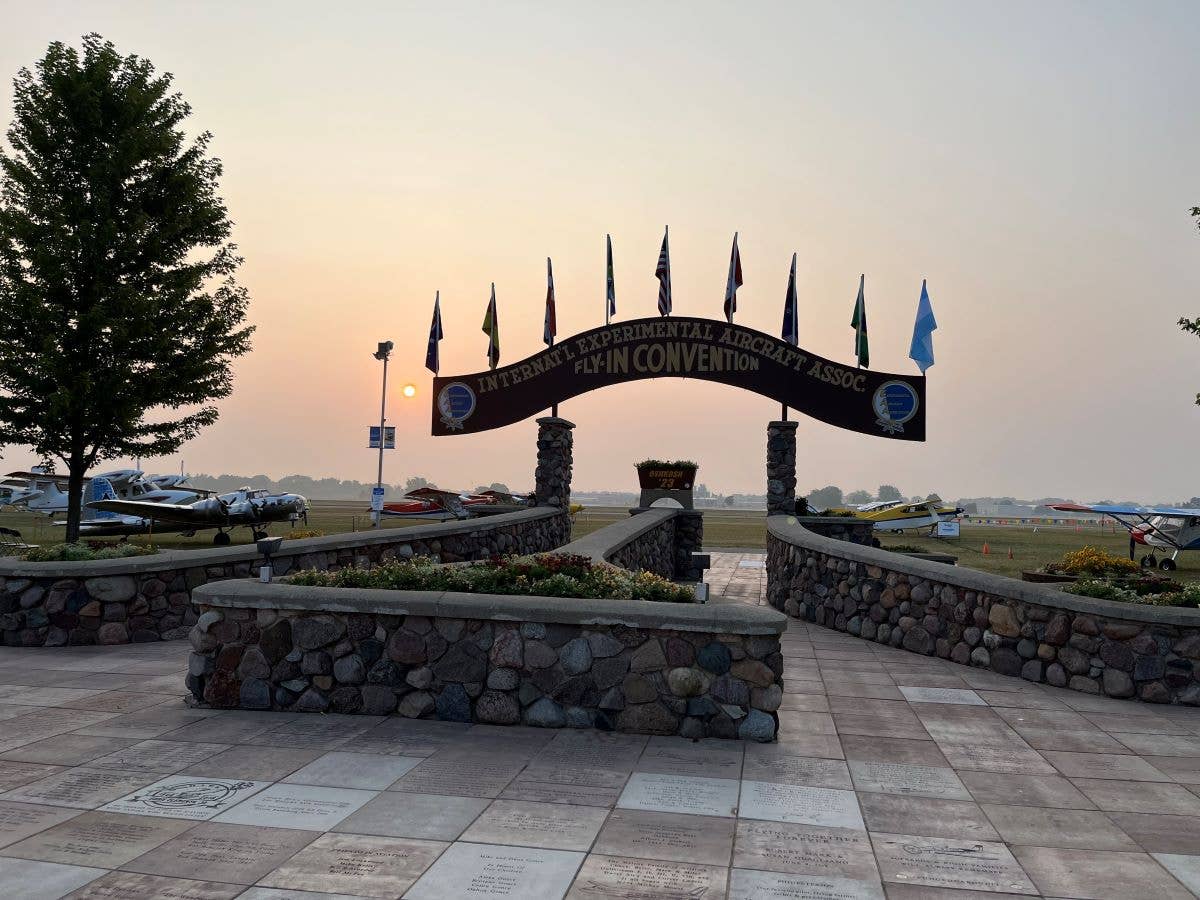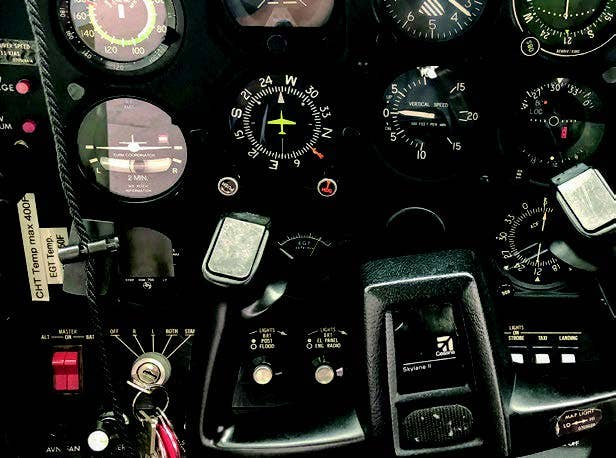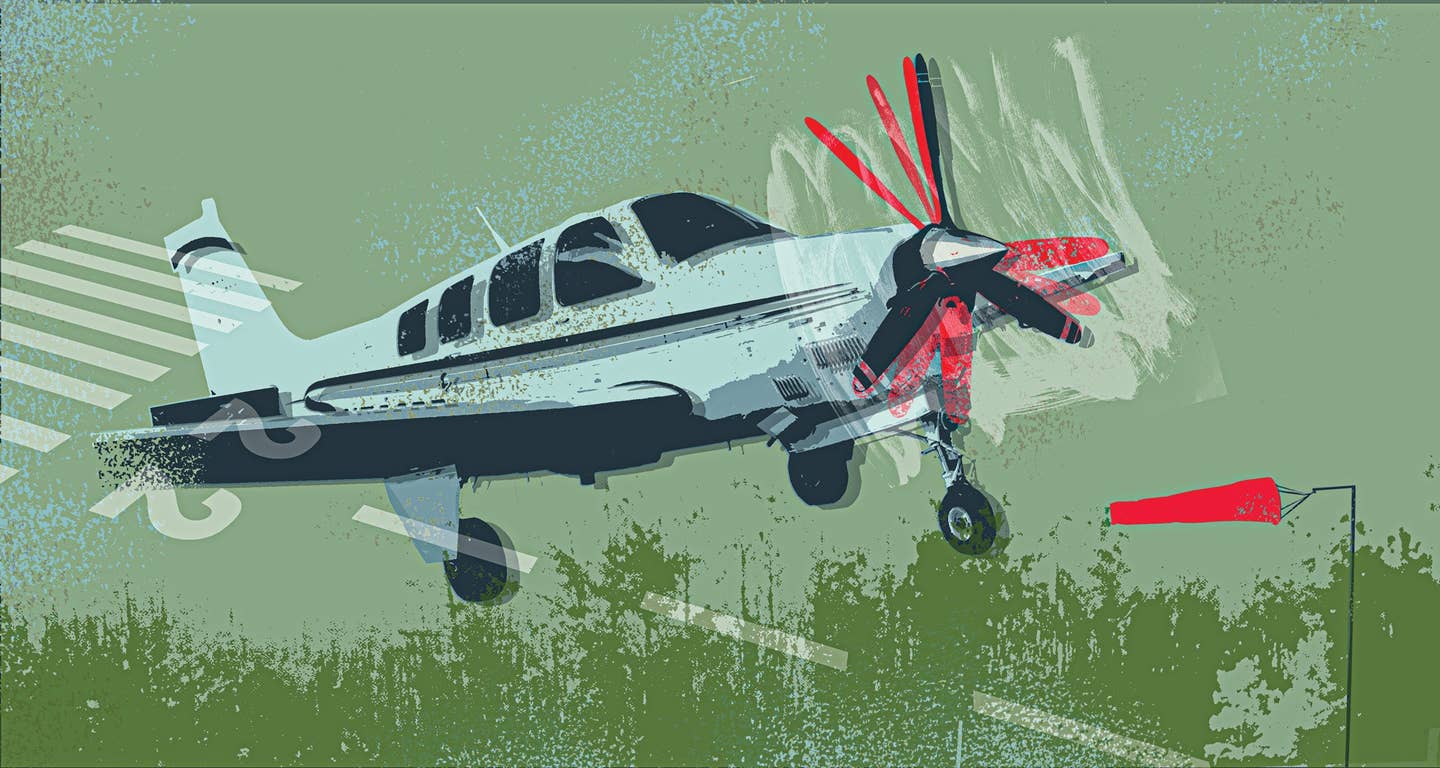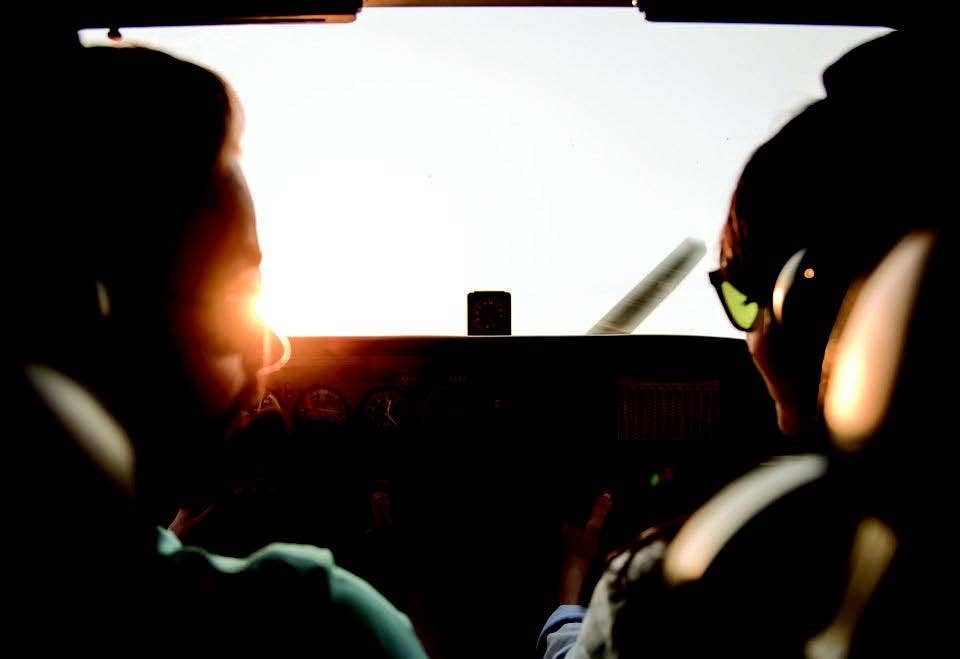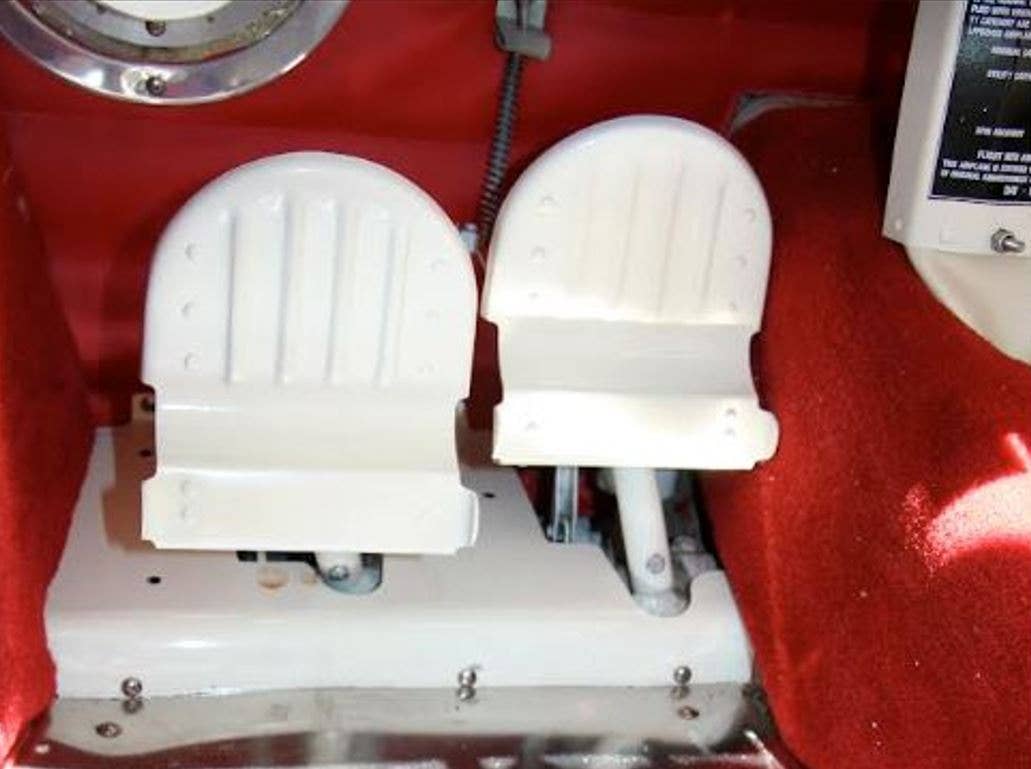
Leadership. They write books about it. There are seminars, webinars, pamphlets and university courses about this elusive trait. I've known a few great leaders in medicine and one particularly great one in life. I've tried my own hand at medical school leadership. I really have no idea as to whether I was any good at it. I do know that good leadership is hard to find and highly prized by any intelligent organization.
In aviation, especially as related to pilots, leadership is a tricky business. Having served as a department of surgery chairman, I find myself especially interested in the role of the chief pilot. It seems that the two roles are very similar. Most surgeons and pilots I know are detail-oriented, proud of their expertise, territorial about the profession and passionate. When either profession is practiced well, it is a beautiful thing to behold. Getting a group of surgeons or pilots all headed in the same direction, however, can be a challenge. This is often referred to as "like herding cats." Hence my curiosity about the chief pilot role in my new profession.
I've known some very effective and popular chiefs in both realms. I have no direct knowledge about what the books say about leadership and I doubt any of my heroes have ever read a book about leading, though they may have written one. They seemed natural at it. I do know what I see as the common traits in good leaders in aviation and medicine.
One is leading by example. You cannot be an effective chief pilot and stay in the office any more than you can be that surgery chairman who is never known to grace an operating room. This is for two reasons. First, if you can't fly or operate, all of your pronouncements, proclamations, directives and entreaties will be dismissed. "If you can't do, you teach," as the old adage goes. You are that fool. Second, you get to see how things work for real. Being chief means being surrounded by people who are incentivized to look good. Hence it is hard to get the bad news, or even the real news. Getting out on the line allows you to understand why the complaints about this hotel or that FBO are worth hearing.
A friend of mine, a recently upgraded captain at Southwest Airlines, sent me the position description for the domicile chief pilot opening in Oakland, California. There was the customary SWA "warrior spirit, servant's heart, fun-luving attitude" introduction that is on all of the airline's postings. Under the skills/abilities/knowledge/work style heading, the ability to manage multiple concurrent tasks with interruptions, good communication skills and identification of the right person for the job were attributes that complemented compliance with standards, FAR Part 121, operation specifications, and policies and procedures.
This drab litany caused me to think more critically about what I've seen and heard about chief pilot leadership. I have come to form my own opinions. I know what I think is counterproductive. A brash and dismissive attitude coupled with a loud bark may be one way of controlling pilots, but it certainly diminishes my interest in sharing information. Similarly, a pilot who knows more than I do and is pleased to remind me of this superiority strangles my interest in asking questions. There are lots of examples of this type of behavior in medicine.
I always came away from interactions with these know-it-alls convinced of my own inferior knowledge. Only later, when I had time to think or look in the literature for the topic, would I find that a lot of what was said was either false or irrelevant. In both aviation and medicine there is the tendency to get into the weeds and miss the big picture. The FARs are important and must be complied with, but let's be sure the fuel caps are on, OK?
I've asked several chief pilots and former chief pilots for their opinions. They all mention communication skills and technical knowledge. One suggested that former military pilots, in her experience, had more difficulty in hearing a pilot out. They'd rather bellow an order. Another said that very few people in upper management understand what a pilot actually does day in and day out. When things go wrong, he said, they tend to point the finger at the pilot group. "I can't tell you how many times I have heard, in a management meeting, your pilot did this or that."
All chief pilots agreed that flying skills were important, but they recognized that a management job means less stick time. One said that pilots would accept that a chief pilot has a difficult time staying proficient, hence the term "chief pilot's Wx."
At the 135 operation where I work we have a chief pilot who embodies what I have come to think of as the finest attributes for the job. Paul Proffett is a kind and thoughtful man. He has been an ATC controller, flown the Alaska bush, piloted firefighting planes and been an airline pilot, and he has managed to be the chief pilot almost everywhere he's been. That's only the half of it.
Though I am a first officer and don't usually interact with Paul, I listen carefully when a captain calls him. I stand as close as I can get to hear the conversation, be it about weather or maintenance or a passenger problem. When a mistake has been made or the company has complained about something a pilot has done or said, Paul is the epitome of calm. He has told me, "You must always take a neutral position until you find out what really happened. Don't shoot first and ask questions later."
Paul lives what he says. He enjoys the unanimous support of everyone I know. If Paul tells you that you are wrong about an FAR, or if he thinks you have made a mistake, you better believe it. He's our guy.
Longtime readers will know that I have a good friend who has served in multiple chief pilot roles and head of standards positions. Rob Haynes and I connected about aviation over a decade ago, and I still call him constantly about things I see and hear. Here's what he has to say about the job of chief pilot.
"Of utmost importance the individual must be known and respected as a good airman. A chief pilot's defining characteristics include: technically competent with enough passion and curiosity in the profession to remain interested, engaged and abreast of old and new challenges that aviators must face; a good sense of humor, including self-deprecation and irony; excellent communication skills and the accompanying body language and eye contact; an overall bearing of confidence and calmness and no trace of arrogance; and a sense of humility that allows one to remember his or her own mistakes.
"The chief pilot should fly regularly, not only to maintain currency, but also to get an accurate sense of the conditions pilots in the operation must face each day. The credibility with pilots gained from this practice is priceless."
You can see why I like this guy.
He goes on, "If upon gathering all the details in an investigation the chief pilot determines that the pilot was not at fault, he must be willing to defend the pilot from all who may be critical of his/her actions, including higher management.
"On the other hand, if the pilot is fairly determined to be at fault, the chief pilot has the responsibility to ensure the pilot understands his mistakes and the possible consequences of them. This may require [that] a penalty be administered. This is one of the least desirable duties that a chief pilot is required to perform, but also one of the most important. This reminds each pilot in the operation that there are consequences for poor decisions."
A good leader, it seems to me, needs to be far enough out in front of the troops so they know what direction to go. Too far ahead and the group can't find her, too close and the troops trip over his heels. In all cases, a good leader must carry himself or herself in such a manner that I respond with the best I've got. When I see that leader, or talk to that leader, or even just think about him, I am a better aviator and, in the end, a better man.
Rob put it beautifully: "To sum up, for a chief pilot to be effective, he needs to be a respected, laid-back aviator with a good sense of humor; slow to anger; not full of himself, with the ability to put himself in another's shoes; not prone to snap judgments; [and] kindhearted with a lion's courage to defend ‘his' pilots, the operation and the profession while never forgetting that his customers are those same professionals that get the job done safely and efficiently each and every day in a challenging environment and an unforgiving sky."
Get online content like this delivered straight to your inbox by signing up for our free enewsletter.

Subscribe to Our Newsletter
Get the latest FLYING stories delivered directly to your inbox

